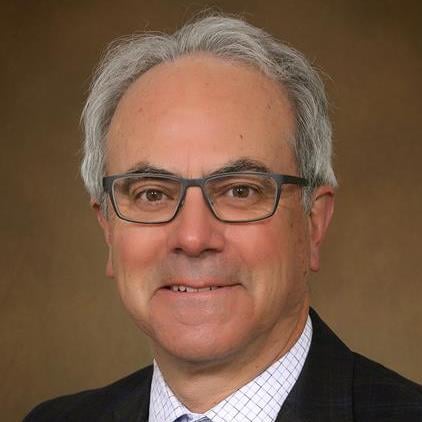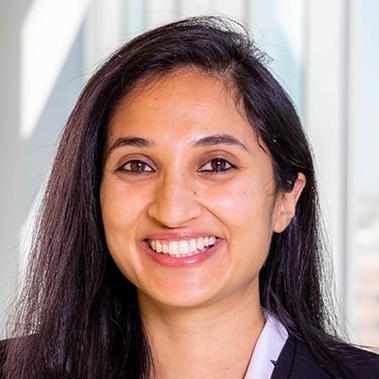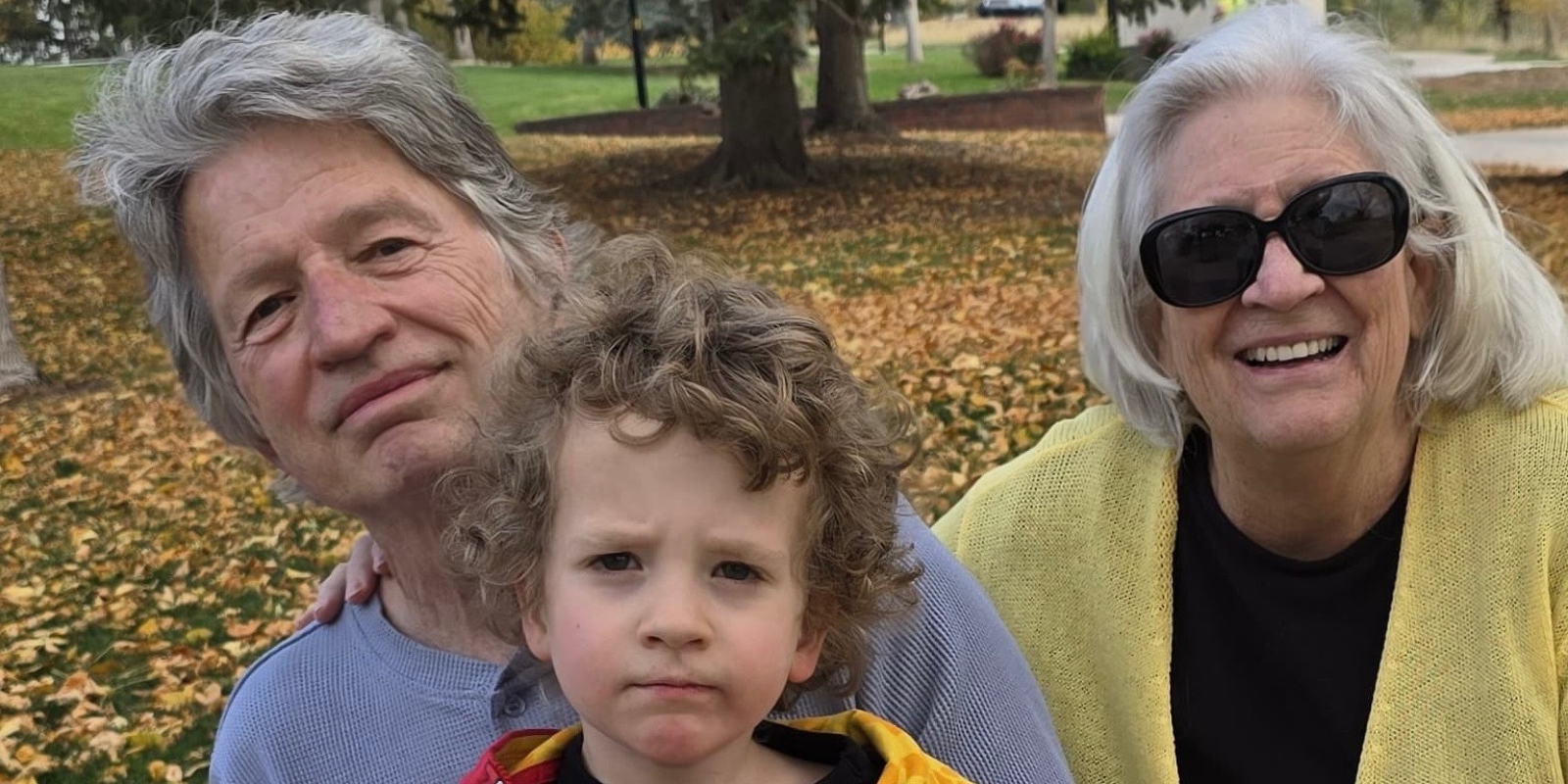Doctors are always trying to convince their patients to stop smoking, but it’s a concern that’s especially vital prior to surgery, due to the effects smoking has on the body.
“Patients who smoke are at a higher risk of a heart attack during or just after surgery, because smoking causes constriction of the blood vessels,” says Simran Randhawa, MBBS, assistant professor of cardiothoracic surgery in the University of Colorado Department of Surgery. “Smoking also is known to inhibit wound healing and cause problems with general anesthesia, and it can contribute to postoperative complications such as pneumonia and lung infections.”
The postoperative complications are of particular concern, Randhawa says, because they can require a tracheotomy or the use of a ventilator to correct. In many cases they can even cause death. That’s why surgeons recommend patients stop smoking at least four weeks prior to surgery, to give their bodies time to fix some of the damage smoking causes.
“Smoking dries up the airway in the body, but when the patient is in the hospital and no longer smoking, that airway can become hyperactive and start having more and more secretions,” Randhawa says. “That causes a lot of mucus that builds up within the airway, and it can cause some clogging of the airways that can result in pneumonia.”
Vaping for cessation
The deleterious effects of smoking that can affect surgical outcomes come from two primary sources — the nicotine in cigarettes, which causes vascular spasms and constriction of the blood vessels and inhibits wound healing, and the act of smoking itself, which involves inhaling combusting materials.
“Inhaling smoke is inflammatory to the lungs,” says Donald Jacobs, MD, MS, professor of vascular surgery. “It inhibits a whole lot of natural processes, and it also causes abnormal air exchange and oxygen absorption.”
That’s why Jacobs endorses an unorthodox strategy when it comes to smoking cessation: asking patients to switch to vaping instead, which is a cleaner way of delivering nicotine without the added chemicals that come from smoking. Jacobs favors vaping over nicotine patches or gum when trying to get patients to quit smoking.
“Nicotine causes some vasoactive issues, to be sure, but there are about a thousand chemicals that can be measured in the bloodstream after smoking tobacco,” he says. “Eliminating the other 999 is a big benefit, especially when it comes to pulmonary effects.”
The difference between vaping nicotine and standard smoking cessation strategies like patches or gum, he says, is that the latter methods don't deliver the nicotine in an amount similar to what smokers get from cigarettes.
“If you look at nicotine in the blood after tobacco, it’s a ten- to twentyfold spike compared to what you get with just a patch,” he says. “You can meet that same dosing profile with a vapor cigarette.
“The other beauty of vaping is that it’s controllable,” he continues. “You can get the vaping liquid; you can mix and match and be intentional about the concentration of nicotine you’re using. If you can slow it down gradually, so that spike is less and less frequent, pretty soon you get it low enough where people can walk away from it.”
Marijuana and anesthesia
Vaping nicotine may have positive effects for smokers who have been unsuccessful in trying to quit by other methods, but Randhawa cautions that another common vaping product — marijuana — can also have serious effects on surgery, namely by interfering with the effects of general anesthesia.
“Marijuana interacts negatively with anesthesia, and these patients can have intense nausea and vomiting after surgery,” says Randhawa, who instructs patients to stop using marijuana at least a day or two prior to surgery. “If someone has smoked marijuana within 24 hours of surgery, the anesthesiologist will usually delay, if it’s an elective procedure.”
Motivation for quitting permanently
Whether they recommend vaping, nicotine patches, or other methods, surgeons have the ultimate goal of convincing patients to stop smoking altogether. Being forced to quit as a prerequisite for surgery is often a great first step on that path, says Tiffany Schommer, program manager of the Ambulatory Nicotine Cessation Program in the Division of General Internal Medicine with support from the CU School of Medicine. The program provides telehealth appointments to walk patients through different smoking cessation strategies.
“People feel motivated when their surgeon says to them, ‘You should quit smoking. You're likely to have less complications after your surgery, you go home sooner, and your wounds will heal quicker,’” Schommer says. “It's a great motivation to capitalize on and leverage, because hopefully, if someone quits before surgery, they can remain a nonsmoker.”







